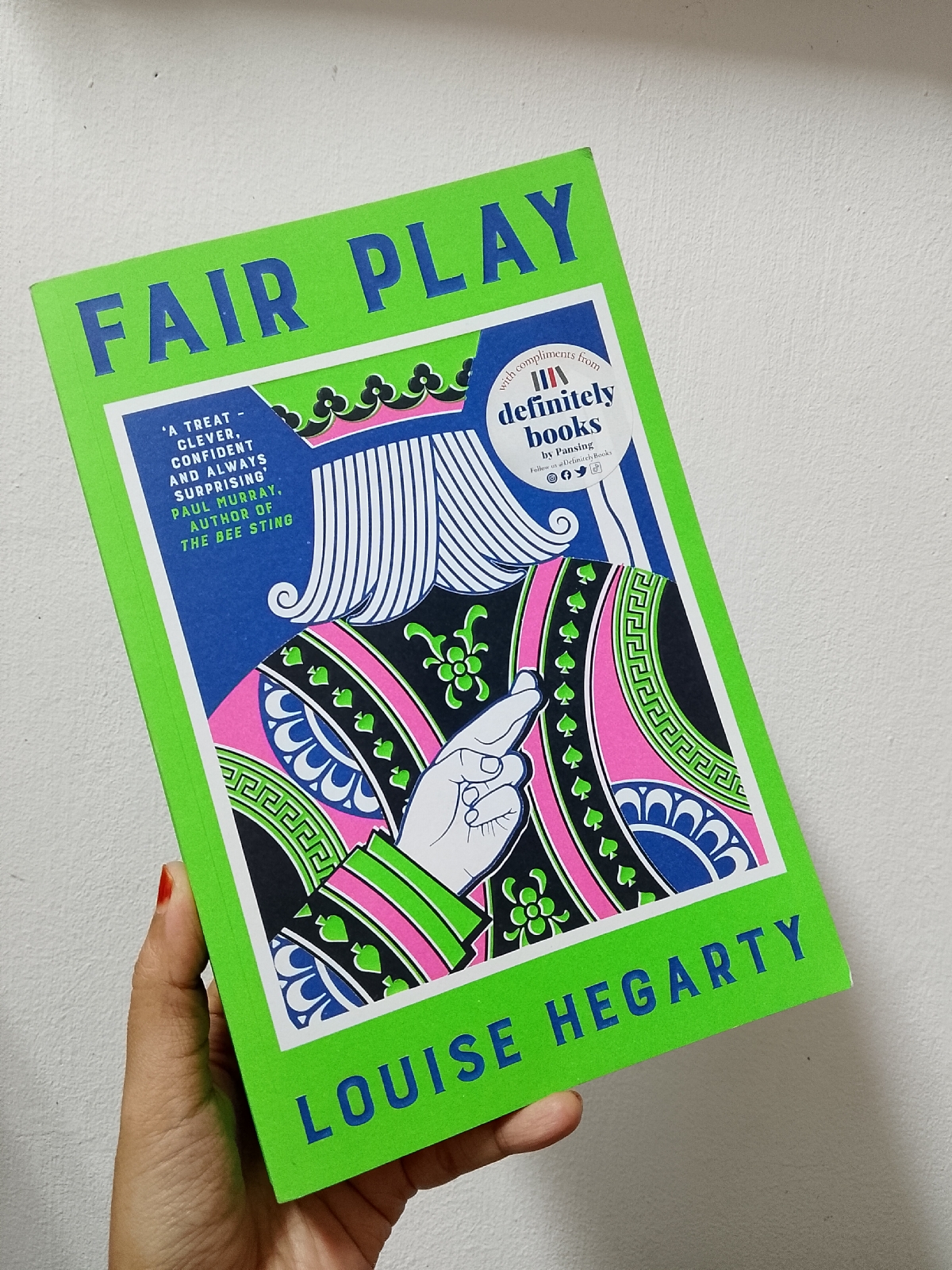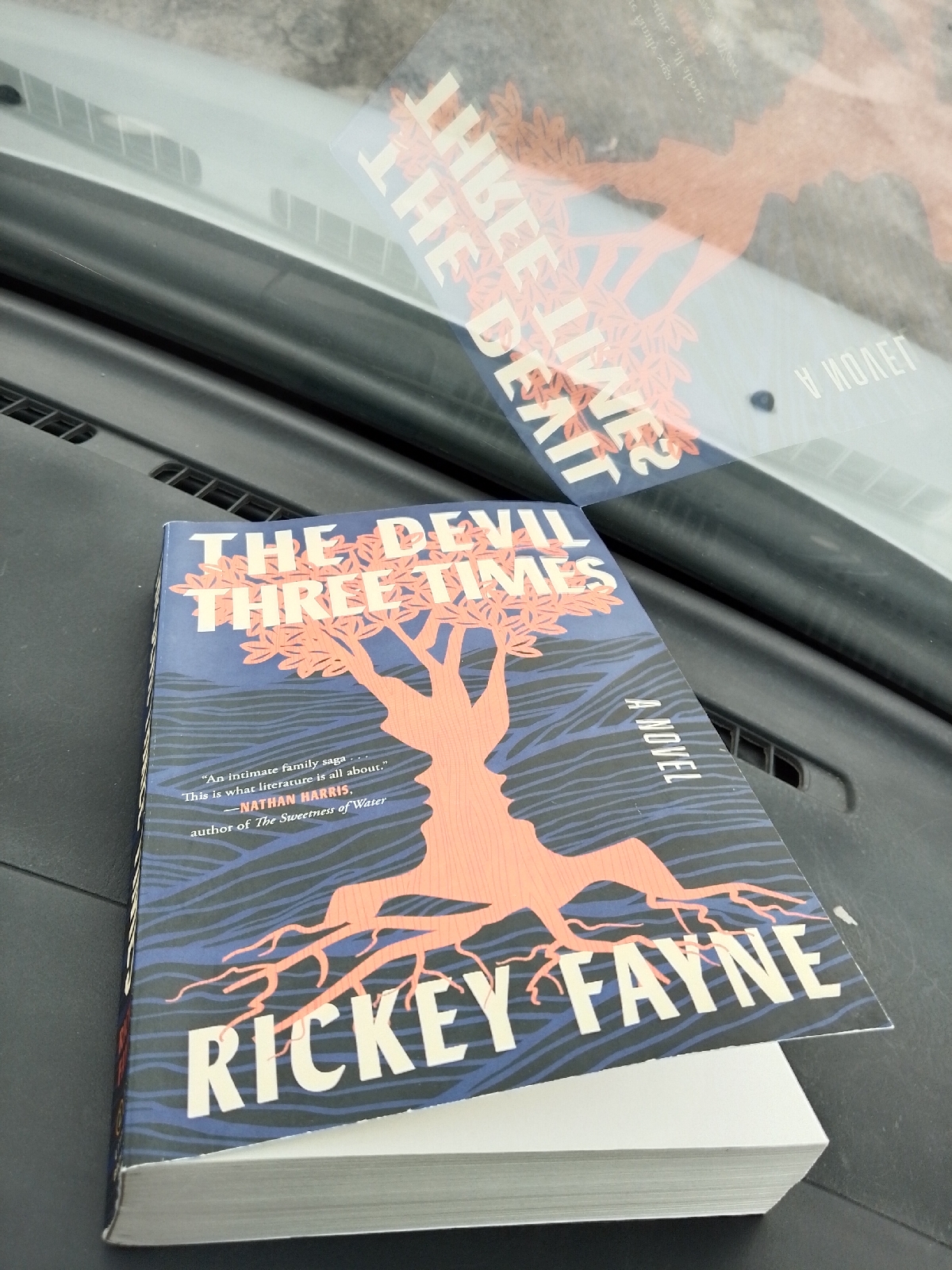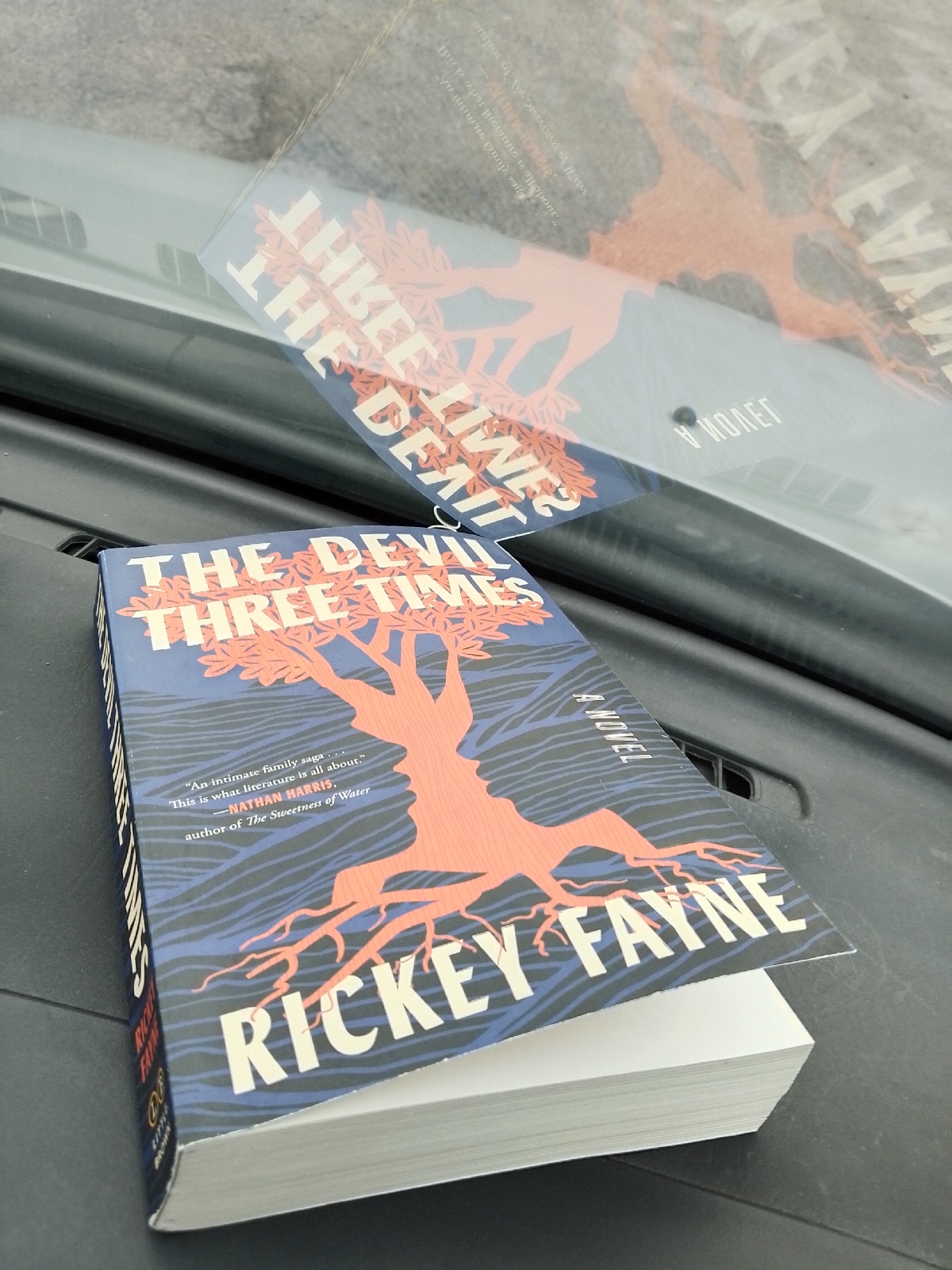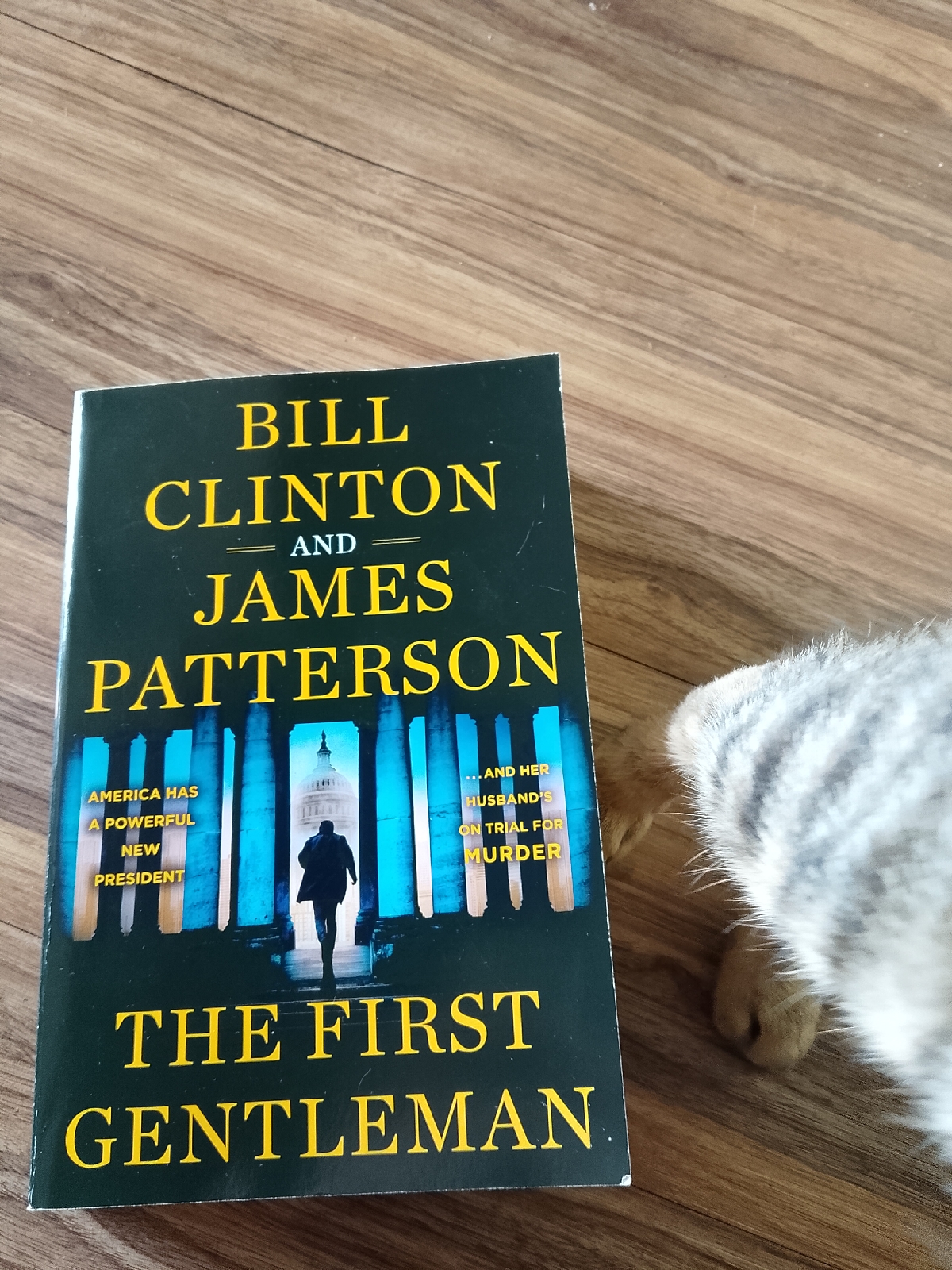Kisah-kisah sendu dan pendapat tentang buku yang sengaja dikongsikan untuk memeriahkan suasana sendiri. 🦋
Pengabdian by Hasrudi Jawawi
Marble Hall Murders by Anthony Horowitz
Even though I haven’t read the first two books in Susan Ryeland’s series, The Marble Hall Murders reads like a masterfully layered standalone. Everything you need to know is threaded so cleverly into the narrative that you never feel lost only drawn deeper into its web.
It all begins with Marble Hall, the eerie, imposing family estate where the cracks in a legacy first began to show. It was there that Miriam Crace, one of the UK’s most celebrated children’s authors, died under what was officially ruled as natural causes. But her grandson Eliot Crace didn’t believe that story. He was convinced she’d been murdered by someone in the family.
Just like Alan Conway before him, Eliot was crafting a murder mystery that mirrored real life. A continuation of the Atticus Pünd detective novels, and also a symbolic confession, a ticking time bomb of truth wrapped in fiction. He planned to reveal his grandmother’s killer through the pages of his book.
But he never got to finish it. He got killed in a hit-and-run on the night of her twentieth death anniversary.
The layers here are extraordinary, a book within a book where the inner mystery bleeds ominously into the real world. And once again, Susan Ryeland now Eliot's editor, finds herself entangled in a deadly puzzle. She’s already paid the price for Alan Conway’s twisted tales: she’s lost her career, her reputation, even her peace of mind. Now, with Eliot’s death, she’s not just involved - she’s the prime suspect!
I am obsessed with this book. The premise is pure genius. Atticus Pünd is a deliciously Poirot-esque detective, every clue and line of deduction gripping. But it's Susan's struggle, the betrayals, the danger, the desperate search for truth that gives the story its heart.
This is what a murder mystery should be, smart, bold, twisty, and always one step ahead of the reader. The Marble Hall Murders is easily one of the best books I’ve read this year. 5⭐
Fair Play by Louise Hegarty
Surely this is a parody. That was my exact thought halfway through this book and judging by the Goodreads reviews, I’m not the only one who felt this way.
To be clear, I finished the book. Out of sheer stubbornness and morbid curiosity. But I really tried not to write something negative. Unfortunately, this story simply doesn’t make sense. To put it plainly, the book is overly dramatic in all the wrong places, and deliberately ambiguous in a way that feels more evasive. I have no issue with classic, even cliche, murder mystery tropes. But here, the writing, plot progression, and overall execution fall short.
The premise had potential though. Abigail hosts a murder mystery game for her brother Benjamin’s birthday. A group of close friends and mutual acquaintances gather for the New Year's Eve event, but by morning, Benjamin is found dead behind a locked door.
Part Two introduces Auguste Bell, a consulting detective and mystery writer who declares this a classic locked-room mystery with a closed circle of suspects. The setup is pretentious. Everyone has a motive, and while it’s officially ruled a suicide, Bell believes otherwise.
The plot is disjointed, characters blur together, motivations are unclear, and the pacing stumbles between overexplaining and underdelivering. It feels like an attempt to mimic Agatha Christie without her finesse, restraint, or insight.
To be fair, there are a few glimpses of atmosphere and tension that hint at what this story could have been. And the ending left me more confused than intrigued. If you've read it, I’d love to hear your thoughts. Perhaps there’s something I missed. But for me, what on earth did I just read? 😂
To The Dogs by Louise Welsh
At first, To the Dogs sounds like a gripping academic thriller. Professor James Brennan is a well-respected criminologist trying to escape his father’s shadow, but things quickly spiral out of control. Just as he’s being considered for a top university position, his son gets arrested again for drugs. Then a Chinese graduate student goes missing, an old friend-turned-lawyer named Eddie Cranston offers help Brennan doesn’t seem to want, and a former student named Becca steps in with help that feels a little too convenient.
There’s a lot going on such as university politics, shady deals, hints of espionage but I often found myself lost. The characters are distant, their motives unclear, and the emotional connection just wasn’t there for me. The tension between Brennan and Eddie is never fully explained, and Brennan’s wife feels more like a background character.
While the book explores some deep themes like corruption, moral decay, and one man’s fall from grace, it didn’t fully land for me. To the Dogs has a strong setup, but in the end, it felt like a puzzle that never quite came together. A promising thriller that loses its way under the weight of too many subplots and too little emotional payoff.
The Devil Three Times by Rickey Fayne
It all began when the Devil fell to Earth. In this bold, symbolic reimagining, the Devil isn't just a destroyer of mankind but he's on a mission. Haunted by his fall and desperate for redemption, he steps into the world not as a tempter, but as a reluctant guardian, seeking one last shot at earning God’s mercy and salvation. Watching over a bloodline that begins with a young African woman named Yetunde.
Her journey is harrowing. Captured and shipped across the ocean, she finds herself at the Laurent plantation, where Jean Laurent, the Ofay master, takes an unusual interest in her. While she wonders if he intends to marry her, his true intentions are far more complicated. From their union, twin children are born, Lucille and Asa. Asa, born with light skin is taken from his mother and raised in the Laurent house as heir, a cruel echo of slavery’s twisted legacy.
This is where the Devil enters again at moments of trauma, turning points, and impossible choices. He becomes an unseen presence throughout generations, his appearances marking pivotal moments in the Laurent family’s cursed legacy. From Yetunde to her descendants, each generation bears the weight of pain, secrets, and spirits who are unable to cross over.
At its heart, this novel is part origin myth, part gothic fable, and part cautionary tale. It plays with religious themes boldly, sometimes even irreverently, casting the Devil in a role more complex than pure evil. The idea of him as a redeemer, a force of justice, almost reads like satire or a spiritual parody.
As a Muslim reader, I found myself both intrigued and cautious. While the story is gripping and layered with symbolism, I had to remind myself that its spiritual framework doesn't reflect our beliefs. It's fiction and demands a critical eye.
Still, if you enjoy stories that challenge the idea of good and evil, that blur the lines between myth and morality, and that center the deep wounds of generational trauma, this book is a haunting ride you won’t forget.
The First Gentleman by James Patterson and Bill Clinton
Not bad at all. In fact, I was pleasantly surprised. While the plot may seem straightforward at first glance, it’s anything but predictable. Twists creep in when you least expect them, and before you know it, you’re racing through the pages. What I loved most was the brisk, fast-paced storytelling with short chapters that kept the momentum sharp. The courtroom scenes are absolutely gripping and thank god this is a standalone!
Set against a backdrop of political power plays, The First Gentleman dives deep into themes of corruption, dark money, sabotage, and jealousy. It all begins with two investigative journalists, Garret Wilson and Brea Cooke, working on a book that could explode into a national scandal. Their target was none other than the First Gentleman of the United States, Cole Wright.
Their investigation uncovers a chilling allegation that Cole may have been involved in a sexual assault seventeen years ago during his college days. His date that night, Suzanne Bonanno, mysteriously vanished and was never found. What starts as a search for truth and justice soon spirals into a dangerous political firestorm with death threats, actual deaths, and a relentless attempt to bury the past.
President Madeline Parson Wright, caught between loyalty to her husband and her position as the most powerful woman in the country, is unwavering in her belief in Cole’s innocence. But with every move Garret and Brea make, the stakes get higher and the enemies get deadlier.
The First Gentleman is a tightly wound political thriller that balances suspense with emotional depth. I couldn’t put it down. If you're into political intrigue, courtroom drama, and relentless suspense, this is a must-read. 4 ⭐
Tomb of Sand by Geetanjali Shree
At first, Tomb of Sand caught me completely off guard. I expected something like magical realism but by the time I reached Part II, everything clicked into place.
The story centers around Chandraprabha Devi, affectionately known as Ma, an octogenarian woman drowning in grief after the death of her husband. In Part I, she seems surrounded by the love of children, relatives, and friends who constantly try to lift her spirits. But then, suddenly, Ma disappears. Her vanishing throws everyone into a spiral of sympathy and worry. When she’s found, nothing about her is the same again.
Part II is where Ma’s life takes a dramatic turn, and we see her forging new connections, particularly with her children, Bade and Beti, who’ve long been defined by their own roles and struggles. One of the most unforgettable characters is Rosie Bua, Ma’s hijra friend, who bursts into the story with wit, warmth, and a mysterious sense of urgency. She briefly steals the spotlight only to leave behind a lingering sadness when her life ends too soon. I couldn’t help but wonder about the deep story of their friendship.
Then comes Part III, the most powerful and moving section of all. Ma’s decision to cross the border with her daughter, Beti, is more than a physical journey. It’s an emotional and symbolic act of healing. The novel subtly delves into the complex history between India and Pakistan. But this isn’t a dry historical retelling. It’s intimate and raw, seen through Ma’s own trauma and memory.
This is exactly why Tomb of Sand deserves the Booker Prize. It takes on weighty themes such as grief, identity, aging, gender, and the echoes of history and transforms them into a poetic, experimental narrative. The third-person narration gives voice not just to people, but even to objects like cane, shadows, and crows which speak and reflect the surreal beauty of the story. And amidst all this, there are moments of humor and lightness, philosophical musings, and scenes that may seem trivial but linger in the heart. It’s not an easy book but it’s a beautiful one. And I’m grateful and reignited my love for translated literature most unexpectedly. 4.5 ⭐









